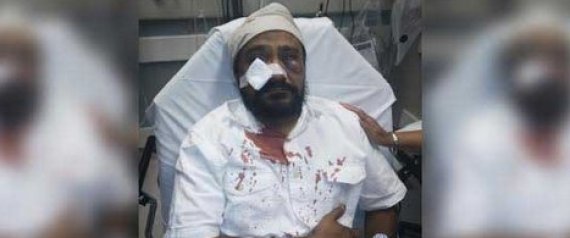
Covid-19 can lead to a broad range of neurological complications, including stroke, seizures, movement disorders, inflammatory diseases and more, even in moderate cases, say researchers, one of whom is of Indian-origin.
For the study, published in the journal Neurology, the research team looked at people with neurological symptoms and Covid at a racially and socioeconomically diverse hospital.
“We found a wide range of neurological complications–spanning inflammatory complications, stroke and other vascular conditions, metabolic problems, exacerbation of underlying neurological conditions and more,” said study author Pria Anand from the Boston University in the US.
“Yet the majority of these people did not require critical care, suggesting that neurological complications may be common in people with moderate Covid-19 as well as those with severe disease,” Anand added.
The study involved 74 people who between April 15 and July 1, 2020, tested positive for Covid-19 and were evaluated for various neurological conditions at a large hospital serving underserved, low-income and elderly people in Boston. The average age was 64. A total of 47 people had a prior history of neurological disease.
At the time of hospitalization, 18 people had strokes, 15 had seizures and 26 people had a type of brain dysfunction that causes confusion and delirium.
Seven people had movement disorders, including five people with myoclonus, which involves sudden, brief twitching of the muscles. Three people had traumatic brain injuries due to falls in their homes after developing Covid-19. One person had signs of developing autoimmune encephalitis, a rare, complex disease where the body’s immune system attacks itself, yet these symptoms improved after the person received corticosteroids, the study said.
The findings showed that 10 people died in the hospital. The people who survived had a moderately severe disability, on average, at the time they left the hospital, compared to mild disability before their hospitalization.
A total of 27 people were able to return home with or without home health services, 20 went to skilled nursing facilities, including 11 who had previously been living at home, and nine went to acute rehabilitation centres, including eight who had been living at home.




Be the first to comment